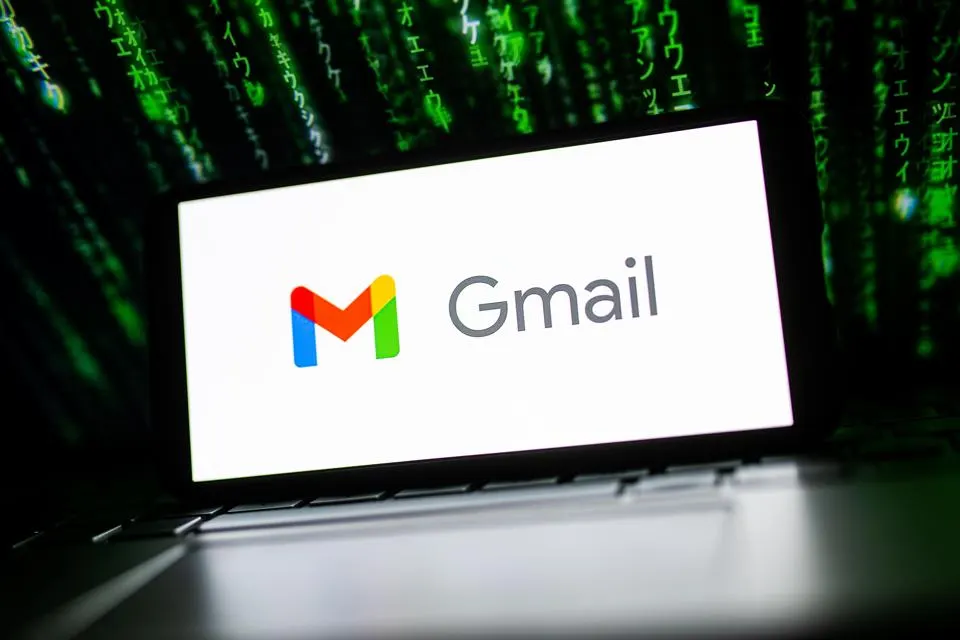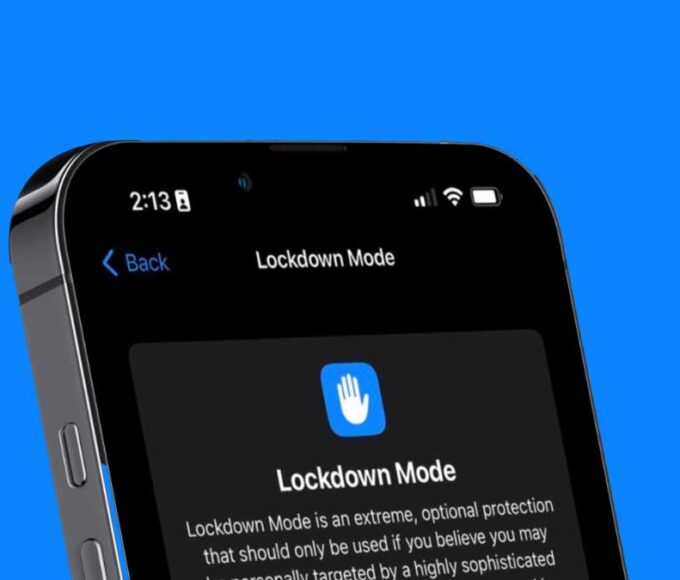- Home
- Billionaires
- Investing Newsletters
- 193CC 1000
- Article Layout 2
- Article Layout 3
- Article Layout 4
- Article Layout 5
- Article Layout 6
- Article Layout 7
- Article Layout 8
- Article Layout 9
- Article Layout 10
- Article Layout 11
- Article Layout 12
- Article Layout 13
- Article Layout 14
- Article Sidebar
- Post Format
- pages
- Archive Layouts
- Post Gallery
- Post Video Background
- Post Review
- Sponsored Post
- Leadership
- Business
- Money
- Small Business
- Innovation
- Shop
Recent Posts
Gmail Protection: The Importance of Backup Accounts

In recent months, Google has demonstrated a robust commitment to user security, unveiling a range of advanced protections against cyber threats. With an impressive 2.5 billion active users, Gmail has become a prime target for hackers aiming to compromise accounts and steal sensitive information. As reports of sophisticated cyber attacks, including session cookie theft and two-factor authentication (2FA) bypassing, continue to rise, there’s a proactive measure you can implement today to safeguard your email. However, it’s essential to act quickly, as waiting could leave you vulnerable to 2FA-bypass attacks: open a second Gmail account and establish a simple rule to help protect your data.
Consider the unsettling scenario of waking up to discover that your Google account has been hacked, leaving you locked out of your Gmail inbox. For countless individuals, this fear has become a harsh reality, as hackers increasingly employ session cookie-stealing tactics to bypass even the strongest 2FA protections. Cybercrime agencies strongly advise users to enable 2FA wherever possible, yet cybercriminals are continually devising new methods to evade these safeguards. Google has made strides in enhancing security through features like secure passkey sign-in across devices and safe browsing protections for Chrome users. Despite these advancements, attackers are innovating at an alarming rate, using sophisticated tools to breach even Google’s stringent encryption measures designed to protect against cookie theft.
Opening a second Gmail account may not directly prevent 2FA-bypass attacks, but it can significantly mitigate the consequences of such an incident. This insight arose from a query on the Gmail subreddit, where a user recounted their experience of having their primary account compromised despite having 2FA enabled. The user sought advice on whether setting up a second account could remain untouched by the same cybercriminals. While a new Gmail account won’t shield you from attacks, it can serve as a vital backup for your essential and often irreplaceable email data.
Creating a second Gmail account is a straightforward process, especially since Gmail is a free, web-based email platform. Although I have multiple accounts, I typically use just two or three regularly. Here’s how to set up your new account securely: first, sign out of your current Google account. Next, navigate to the Google Account sign-in page and click on “Create Account.” To maximize the security of your new account and reduce the risk of it being compromised by the same threat actor, consider the following recommendations: use a unique passkey tied to a different device than the one you use for your primary account. This will help prevent a single point of failure. Implement a standalone 2FA code generator instead of relying on SMS for 2FA; utilize an authentication app that generates unique codes, ensuring that your security measures are distinct from your primary account. Also, incorporate as much different personal information as possible when creating your new account, further isolating it from the compromised account.
Once you’ve established your second Gmail account, set up a forwarding rule on your original Gmail settings to automatically send copies of all incoming emails to the new account. This ensures that, should your primary account be hacked, you’ll still have access to your emails in the backup account. Adopting these sensible practices and avoiding insecure habits can significantly bolster your defenses against potential attacks. I highly recommend enrolling all your Gmail accounts in Google’s advanced account protection program. This initiative not only strengthens your account’s defenses but also complicates the recovery process in the event of a compromise. With this program, you’ll gain additional layers of security, making it harder for attackers to gain unauthorized access to your accounts.
If your original account is hacked and is set to forward emails to your secondary Gmail account, there’s a silver lining: the attacker would have to breach both accounts separately, increasing the complexity of their task. Therefore, while it’s critical to maintain strong security practices, having a plan in place can provide peace of mind and a safety net in case of an emergency. In a world where cyber attacks are becoming increasingly sophisticated, it’s crucial to take proactive measures to protect your online presence. By opening a second Gmail account and establishing a reliable backup system for your email data, you’re taking a significant step toward safeguarding your personal information. While it’s essential to stay informed about potential threats and security measures, remember that no strategy is foolproof. By remaining vigilant and implementing layered security practices, you can minimize the risks associated with cyber attacks and enjoy greater peace of mind in your digital life. Take action today to ensure that you are prepared for any eventuality, and remember that a little foresight can go a long way in protecting what matters most.
Recent Posts
Categories
- 193 Countries Consortium Partner1
- 193cc Digital Assets2
- 5G1
- Aerospace & Defense48
- AI37
- Arts3
- Banking & Insurance11
- Big Data3
- Billionaires1,261
- Boats & Planes1
- Business332
- Careers13
- Cars & Bikes79
- CEO Network1
- CFO Network17
- CHRO Network1
- CIO Network1
- Cloud10
- CMO Network18
- Commercial Real Estate7
- Consultant1
- Consumer Tech194
- CxO1
- Cybersecurity73
- Dining1
- Diversity, Equity & Inclusion4
- Education7
- Energy8
- Enterprise Tech29
- Events11
- Fintech1
- Food & Drink2
- Franchises1
- Freelance1
- Future Of Work2
- Games149
- GIG1
- Healthcare79
- Hollywood & Entertainment203
- Houses1
- India’s 1000 Richest1
- Innovation46
- Investing2
- Investing Newsletters4
- Leadership65
- Lifestyle11
- Manufacturing1
- Markets20
- Media327
- Mobile phone1
- Money13
- Personal Finance2
- Policy569
- Real Estate1
- Research6
- Retail1
- Retirement1
- Small Business1
- SportsMoney42
- Style & Beauty1
- Success Income1
- Taxes2
- Travel10
- Uncategorized13
- Vices1
- Watches & Jewelry2
- world's billionaires1,230
- Worlds Richest Self-Made Women2
Related Articles
Android & iPhone Users Urged to Run Security Checks
With the rise of cyber threats targeting both Android and iPhone users,...
By 193cc Agency CouncilJanuary 1, 2025Apple Warns: Avoid Lockdown Mode on iPhone
Apple’s latest security alert for iPhone users raises important concerns about the...
By 193cc Agency CouncilDecember 31, 2024750 Million Android Users Face Urgent Security Risks
Google has made significant strides in improving Android’s security ecosystem, aiming to...
By 193cc Agency CouncilDecember 31, 2024Surge in Paper Werewolf Cyberattacks on Russian Targets
A troubling rise in espionage-driven attacks using Microsoft Windows Word documents has...
By 193cc Agency CouncilDecember 30, 2024















Leave a comment